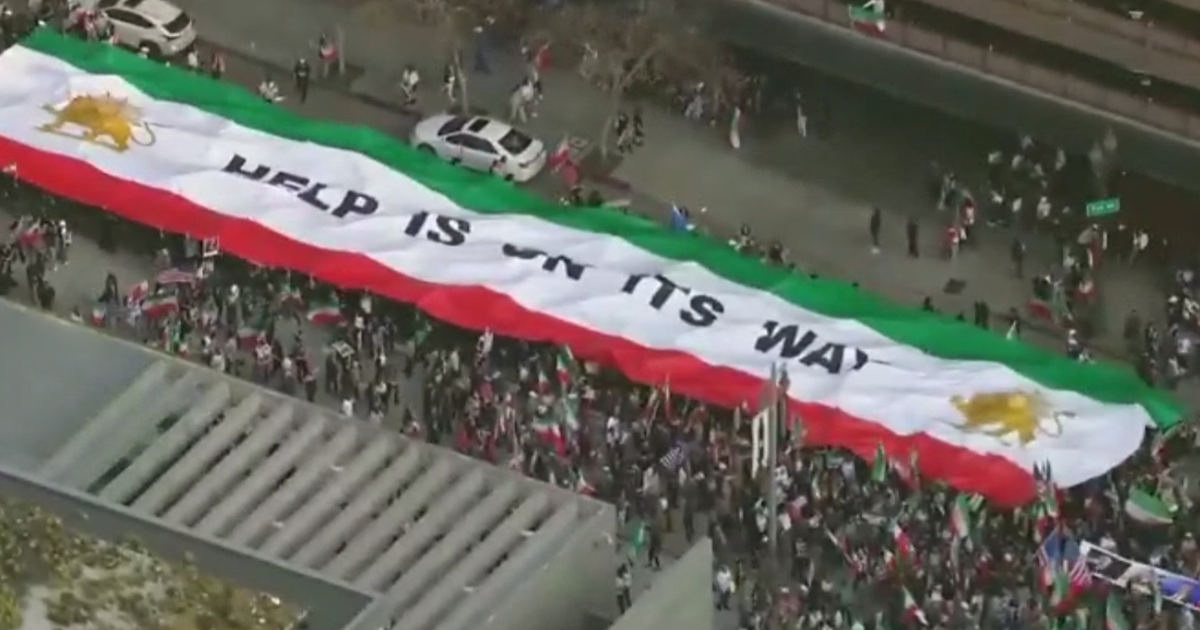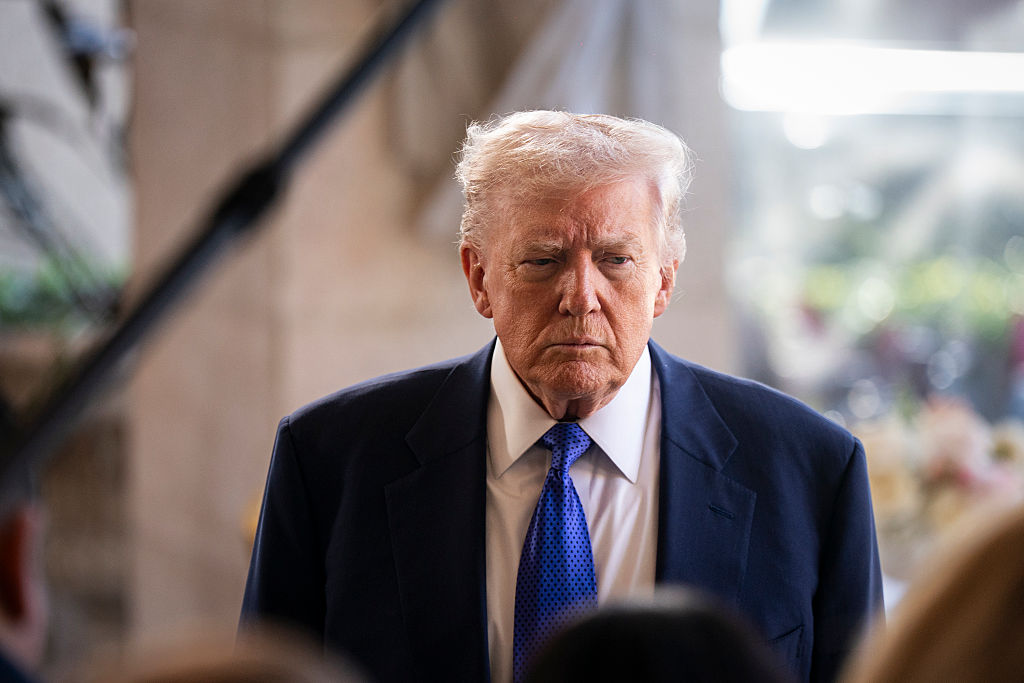U.S. Ambassador Nikki Haley: "Iranian regime is now on notice"
UNITED NATIONS -- The U.N. Security Council held an emergency meeting Friday called by the United States to consider the protests that have roiled Iran in recent days. After garnering Russian support for an open Council meeting, U.S. Ambassador Nikki Haley made her point that the protests in Iran are not sponsored by outside agitators and that the Iranian government is "now on notice" that the world is watching, reports CBS News' Pamela Falk.
Haley spoke Friday after her country called the meeting. She said the international community must also "do more" to prevent Iran from silencing protesters' messages, particularly by blocking some social media platforms.
Iran tried to block the meeting, writing a letter to the Secretary General saying the U.S. has "stepped up its acts of intervention."
"Today the people of Iran are speaking to their government, and their message is undeniable: 'Stop the support for terrorism. Stop giving billions of our money to killers and dictators. Stop taking our wealth and spending it on foreign fighters and proxy wars. Think of us,'" Haley said.
During the hearing, Haley called on her colleagues to "amplify the message of the Iranian people." She also called government of Iran to "stop censoring the voice of the people, and to restore the access to the internet."
"We will not be quiet," she said. "No dishonest attempt to call the protesters puppets of foreign powers will change that. The Iranian people know the truth, and we know the truth. They are acting on their own will. Nothing will stop Americans from standing in solidarity with them."
U.S. President Donald Trump and members of his administration have praised the anti-government protesters as people standing up to a repressive and corrupt regime. Haley said Friday that "the world should applaud their courage," and the U.S. "stands unapologetically with those in Iran who seek freedom for themselves."
Some other members urged a careful approach to weighing in on the protests: "Yes, of course, to vigilance and call for full respect of freedom of expression, but no to instrumentalization of the crisis from the outside -- because it would only reinforce the extremes, which is precisely what we want to avoid," French Ambassador Francois Delattre said before the meeting.
Iran's prosecutor general, Mohammad Jafar Montazeri, alleged Thursday that an American CIA official was the "main designer" of the demonstrations. And Iran's U.N. envoy, Ambassador Gholamali Khoshroo, complained in a letter to the Security Council president Wednesday that Trump's "absurd tweets" had "incited Iranians to engage in disruptive acts."
Mr. Trump's administration has denied having any hand in the demonstrations, saying they arose completely spontaneously. The CIA declined to comment.
The president's tweets have not called for violence or disruptive acts, but he has commended them. Mr. Trump expressed "such respect for the people of Iran as they try to take back their corrupt government" and pledged "great support from the United States." He also has described Iran as "failing at every level" and declared it is "TIME FOR CHANGE!"
Britain's Ambassador Matthew Rycroft told the Council on Iran: "The continued use of death penalty, including for juveniles, weak rule of law, restrictions on freedom of expression and freedom of religion or belief are all deeply worrying."
Iran's interior minister said up to 42,000 people took part during the week of protests. The days of pro-government rallies drew crowds in the tens of thousands.
At least 21 people have been killed and hundreds arrested in anti-government protests and unrest that began last week. Iran also has seen three days of big pro-government demonstrations.



